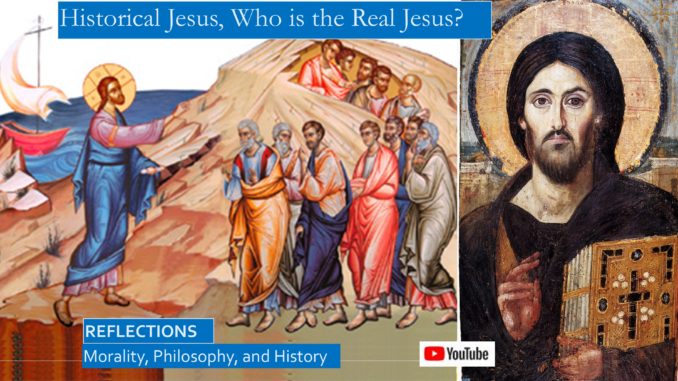
How are we to be saved? How are we to interpret Scripture? By following the basic principle: ‘You shall love the LORD your God with all your heart, with all your soul, and with all your mind.’ This is the first and great commandment. And the second is like it: ‘You shall love your neighbor as yourself.’ On these two commandments hang all the Law and the Prophets.”
Historical Jesus blog 1 http://www.seekingvirtueandwisdom.com/historical-jesus-blog-1-let-us-vote-on-what-jesus-really-said/
YouTube video for the Historical Jesus blogs: https://youtu.be/81TkRcaNfCM
YouTube scripts with book links: https://www.slideshare.net/BruceStrom1/historical-jjesus-who-is-t-he-real-jesus
St John of the Cross teaches we should only choose close friends if their friendship brings us closer to God.[1] Likewise, Scripture is our friend, and we know we are studying Scripture correctly when our studies bring us closer to God, so we learn what it means to Love God, and to love our neighbor. Much of the excesses of the historical Jesus movement have come because we forget this simple truth, so let us mine the Decalogue and the Gospel for rules on how to interpret Scripture.
RESPECT FOR GOD: He who believes shall be saved.[2] We should not question our belief in God, we should not question the existence of God. In the Rabbinic tradition, the first Positive Mitzvah is Believing in God, which is contained in the verse, I am the Lord thy God, who brought you out of the house of Egypt.
The rabbis believed that without a firm belief in the existence of God the observance of the commandments were impossible.[3] Neither should we question whether Jesus was resurrected from the dead for our sakes, for as St Paul exhorts, if Christ did not rise from the dead, our faith is in vain. “But if there is no resurrection of the dead, then Christ has not been raised; if Christ has not been raised, then our preaching is in vain and your faith is in vain. We are even found to be misrepresenting God, because we testified of God that he raised Christ, whom he did not raise if it is true that the dead are not raised. For if the dead are not raised, then Christ has not been raised. If Christ has not been raised, your faith is futile and you are still in your sins.”[4]
Deuteronomy 11:16 forbids us to study idolatrous practices, “lest your heart be deceived, and you turn aside and serve other gods.” In the rabbinic tradition, the prohibition against studying idolatrous practices is the Tenth Negative Mitzvoth. My argument is this can be expanded to prohibit studying Scriptural commentary that does not respect the text, as there are multiple mitzvoth based on Scripture that forbid summoning or persuading people to idolatry, or being lenient in our treatment of those who seek to lead others to idolatrous practices.[5] We should not be eager to hear or read commentary from someone whom we know is an atheist or an agnostic, and we should be suspicious on what we hear on television.
RESPECT FOR GOD’S WORD: Scripture is derived from tradition, and through the inspiration of the Holy Spirit we must believe it true, that Jesus said what Scripture quote Jesus saying. We must Love Scripture as we Love God, burning the words in our heart.
RESPECT FOR AUTHORITY: Just as we are taught to honor and respect our father and mother, so as St Gregory of Palamas teaches, we should honor and respect our spiritual fathers.[6] Indeed, we should respect all who are in authority, and above all Scriptures, and should always consult the teachings of the Church Fathers before forming our own opinions of Scripture, and before consulting a historical-critical commentary.
DO NOT SLANDER, GUARD THE REPUTATION OF YOUR NEIGHBOR: As we should guard the reputation of our neighbor, who will soon return to dust and the grave, so doubly should we guard the reputation of Scripture, not seeking fault or error Scripture, but rather reading Scriptures to search out our faults and sins. The commandment forbidding us not to bear false witness against our neighbor does not mean only that we should not lie about them, we should also not gossip, we should instead guard their reputation, seeing only good in our neighbor, seeing sin only in ourselves, speaking well of our neighbor, being reluctant to harm their reputation.
There is much patristic discussion on forbidding false witness, quite often the Philokalia says we should not embarrass our neighbor. Also in the rabbinic tradition, Negative Mitzvah 251, against Wronging One Another By Speech. “The Talmud further says: ‘Verbal wrong is more heinous than monetary wrong.’” “Thus the Sages say, ‘One who shames another in public has no portion in the World to Come.’” Rather, as we should build a parapet for our house, so we should our neighbor’s reputation.
Origen teaches in his commentary on the Gospel of John: “When you build a house, you do not quit before building the protective parapet of the house. It is this parapet that prevents one who has ascended onto the house from falling. So it is with the house of the Word.” [7]
HOW SCRIPTURES ARE COMMONLY ABUSED BY HISTORICAL JESUS AND OTHER MODERN SCHOLARS
All books of Scripture should be read as a literary whole.[8] Whether a book of Scripture has one author or multiple authors and a redactor is irrelevant, the Holy Spirit inspires the process, the oral tradition of the church that preceded the writing down of Scriptures. The following is Johnson’s list of common abuses by the historical Jesus movement in particular:
- Often the canonical Gospels are rejected because they are not deemed reliable historical sources. Too much trust is placed on gnostic apocryphal gospels dated much later than the canonical Gospels.
- Other canonical sources, such as the Epistles of Paul, are often ignored when shaping a history of Jesus. As the “inventor” of Christianity so called modern scholars think he is biased.
- The mission of Jesus is described more in egalitarian or social terms rather than as a religious mission primarily calling people to repentance. Jesus might be seen as charismatic, but he is seen more as a Sixties guy, accommodating, not too much of a preacher.
- Although these theologians cloth themselves in supposed objectivity, they have a real theological agenda. They are sure that what they believe is true, and we need to agree with them, even though they do not study the Tradition of the Church in forming their beliefs. Indeed, often the more radical scholars believe that institutional Christianity distorts their Jesus movement.
- Overemphasis of the importance of historical dimension of Jesus, often ignoring the Jesus who calls us to repentance. He quotes Crossan: “If you cannot believe in something produced by reconstruction, you may have nothing to believe in.”
- A critical agenda that involves the dismantling of traditional Christian views. This is a reaction of these very liberal biblical scholars feel against American Fundamentalism.[9]
As Johnson notes, Scripture is not historical, it is pastoral. The Gospel, the Good News, the message, matters far more than the historical settings. Whether the sermon is on the mount or on the plain, or when Jesus overturned the money changers’ tables, is an important detail in Scriptures, the message is what matters.
Historical Jesus blog 4 http://www.seekingvirtueandwisdom.com/historical-jesus-blog-4-views-of-historical-jesus-scholars/
[1] St John of the Cross, Dark Night of the Soul, translated by E Allison Peers, (New York: Doubleday, 1990).
[2] Mark 16:16, He who believes and is baptized shall be saved.
[3] Rabbi Moshe ben Maimon (Rambam – Maimonides), The Commandments, the 613 Mitzvoth of the Torah elucidated in English, Volume 1, The Positive Commandments (The Soncino Press Ltd, Brooklyn: 2003), 1-2.
[4] https://www.biblegateway.com/passage/?search=1+corinthians+15%3A13-17&version=RSVCE
[5] Rabbi Moshe ben Maimon (Rambam – Maimonides), The Commandments, the 613 Mitzvoth of the Torah elucidated in English, Volume 2, The Negative Commandments (The Soncino Press Ltd, Brooklyn: 2003), 12-13,17-21.
[6] St Gregory Palamas, “A New Testament Decalogue,” In the Philokalia, The Complete Text, compiled by St Nikodimos of the Holy Mountain and St Makarios of Corinth, Vol. 4, translated and edited by GEH Palmer, Phillip Sherrard, and Kallistos Ware (London: Faber and Faber, 1981), 327, paragraph 5.
[7] Deuteronomy 22:8, Positive Mitzvoth 184, and Ancient Christian Commentary, Old Testament Volume III, edited by Joseph T Lienhard (Downers Grove, Illinois, InterVarsity Press: 2001), 313.
[8] The concept that you should read each book in the Bible as a literary whole was assumed by the Church Fathers. It is a central principle in biblical interpretation for Johnson and Rendsburg, see footnote on Rendsburg above.
[9] Luke Timothy Johnson, The Real Jesus (New York, HarperCollins Publishing: 1997),54-56.

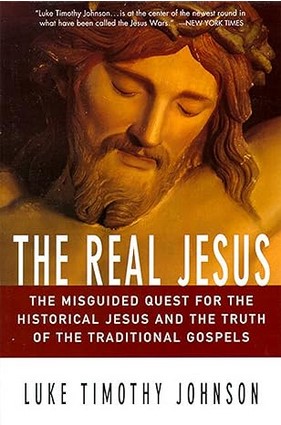
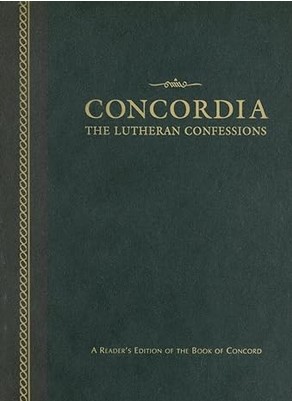
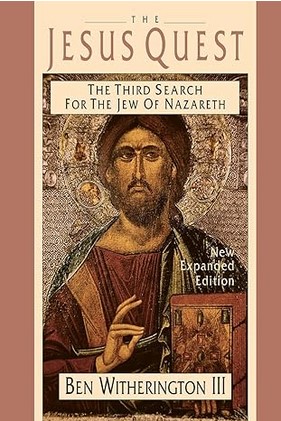
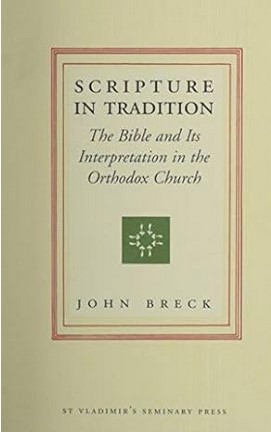

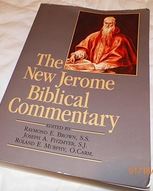

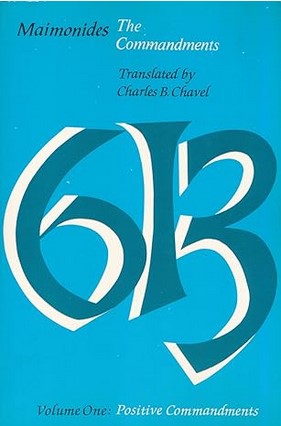

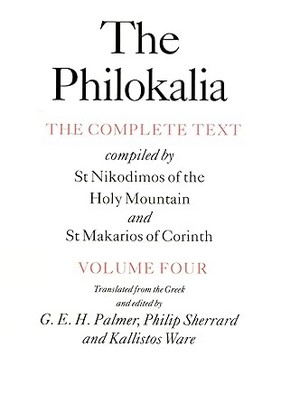
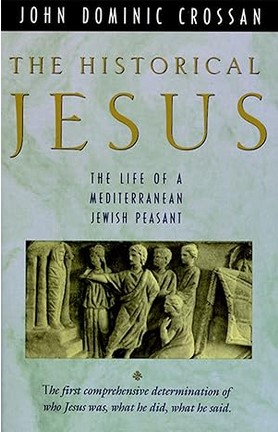
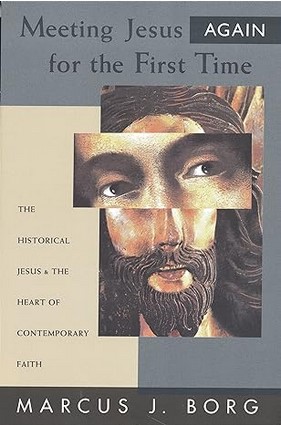
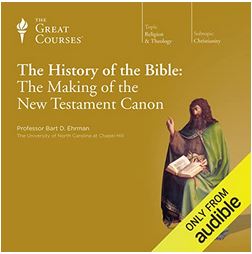
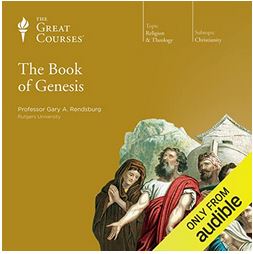
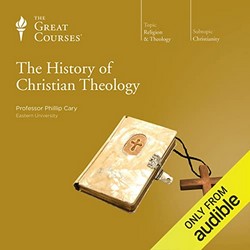
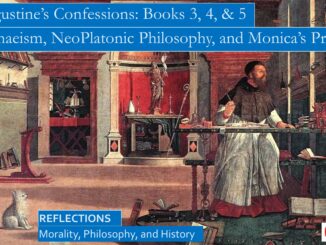

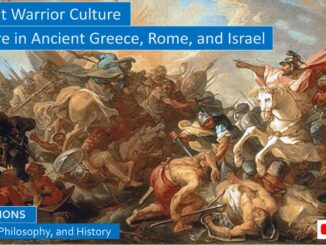
I agree with this article. I would like to expound on the power of the word of God in one’s life. Hebrews 4:12, “For the word of God is living and active, sharper than any two-edged sword, piercing to the division of soul and of spirit, of joints and of marrow, and discerning the thoughts and intentions of the heart.” The word discerning our thoughts and intentions of heart shows a portion of the process of renewal of mind (Romans 12:2). I agree with the need of a teacher or spiritual authority when forming doctrinal views of the word; however, no one can replace Holy Spirit as the teacher. All revelation is from Him and an intimacy built with God through personal study is a tool to build faith and trust in God.
The Church Fathers never replaces the Holy Spirit as teacher, the Church Fathers were inspired by the Holy Spirit, and the Church regards their teachings highly because it recognizes that their teaching was inspired by the Holy Spirit, and we should always pray that the Holy Spirit give us discernment when studying Scripture and the Church Fathers, but we should give great weight to the ancient teachings and always interpret their teachings in a way that increases in us and our neighbor the Love of God and neighbor.